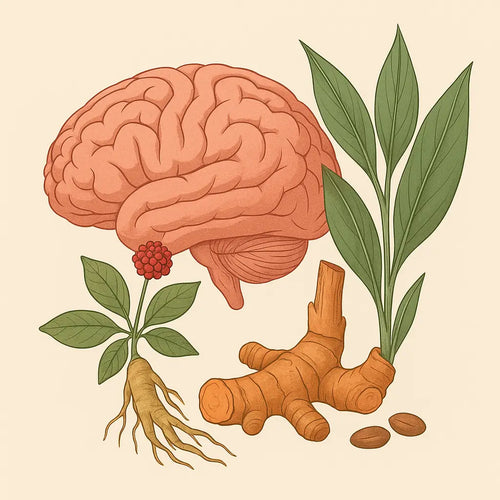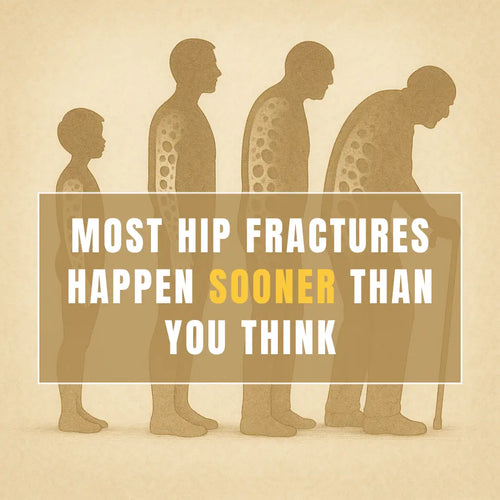
The following research analyzed 243 observational studies and 153 randomized controlled trials to document ways to prevent Alzheimer’s disease (Yu GT, et al., 2020).
The researchers found 10 suggestions with strong evidence. These were the areas: Education, cognitive activity, high body mass index in late life, high homocysteine levels, depression, stress, diabetes, head trauma, high blood pressure in midlife and orthostatic hypotension.
This means that it is important to keep learning new things. We need to use our brain. Stay lean as you get older. Keep homocysteine low by taking vitamin B12, L-5 methyltetrahydrofolate which is the metabolite of folic acid and take vitamin B6. Stay in a good state of mind by practicing meditation and taking L-Theanine. Keep your blood glucose low by eating a high nutrient low glycemic index diet, taking berberine and exercising. Don’t hit your head and keep your blood pressure normal.
Reference:
Yu JT, Xu W, Tan CC, Andrieu S, Suckling J, Evangelou E, Pan A, Zhang C, Jia J, Feng L, Kua EH, Wang YJ, Wang HF, Tan MS, Li JQ, Hou XH, Wan Y, Tan L, Mok V, Tan L, Dong Q, Touchon J, Gauthier S, Aisen PS, Vellas B. Evidence-based prevention of Alzheimer's disease: systematic review and meta-analysis of 243 observational prospective studies and 153 randomised controlled trials. J Neurol Neurosurg Psychiatry. 2020 Jul 20:jnnp-2019-321913.
Research has shown that daily doses ranging from 200 to 400 mg of L-Theanine produced anti-stress effects
Healthy glucose metabolism is important to keep your cardiovascular system healthy.
The Glucose Metabolism Support contains berberine, a natural plant derivative, and green tea.
 B-vitamins are important for many reasons and especially the nervous systems but also for the cardiovascular system. A deficiency of Vitamin B6, B12, and folic acid have been linked to elevated levels of the amino acid homocysteine. Increased homocysteine is recognized as a risk factor for several serious conditions.
B-vitamins are important for many reasons and especially the nervous systems but also for the cardiovascular system. A deficiency of Vitamin B6, B12, and folic acid have been linked to elevated levels of the amino acid homocysteine. Increased homocysteine is recognized as a risk factor for several serious conditions.










